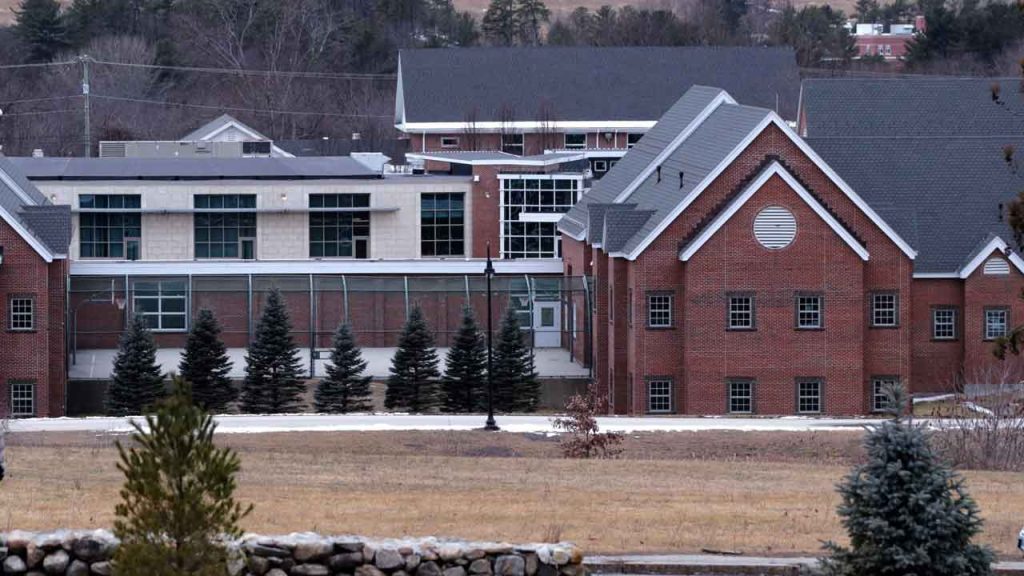David Meehan, who alleges he was regularly raped and beaten as a teen at New Hampshire’s youth detention center, has brought forward a lawsuit against the state, claiming negligence allowed the abuse to occur. Since coming forward in 2017, 11 former state workers have been arrested and over 1,100 former residents of the facility have filed lawsuits regarding abuse allegations spanning six decades. Meehan’s lawsuit was the first to go to trial. During the trial, David Meehan testified about his experiences, but lawyers for the state questioned him about his childhood and suggested he was a violent child who falsely accused his parents of abuse. The state’s lawyers questioned Meehan’s father to ask about his son’s reputation for dishonesty, which the father acknowledged, citing his son’s struggles with drug addiction.
David Meehan’s father briefly testified during the trial, describing his efforts to enroll his son in activities like Cub Scouts and seeking help when his son had trouble sleeping. The father contradicted Meehan’s claim that he was burned with cigarettes by his then-wife, stating that smoking was not allowed in their home due to his role as a firefighter. Despite acknowledging his son’s reputation for dishonesty, the father also pointed out that some of this dishonesty occurred while his son was struggling with drug addiction and post-traumatic stress disorder stemming from the alleged abuse. The attorney for the defense also questioned the father about his career as a firefighter and suggested that he was often away from home, leading to a lack of knowledge about his children and ex-wife.
Over the course of three weeks, the trial heard from numerous witnesses, including former staffers who faced resistance when raising concerns, a former resident describing gang rape, and several psychological experts. One defense witness questioned the credibility of Meehan’s experts, stating they assumed he was telling the truth without conducting tests to assess whether he was exaggerating. The witness, a psychologist who evaluated Meehan when he was 13, noted significant mental health issues before Meehan was sent to the facility. Another witness, a former teacher, reported seeing suspicious bruises on Meehan and other teens in the 1990s, while a former principal stated she never saw signs of abuse during her time at the facility.
Despite allegations of abuse from former residents and former staff, a former principal defended the staff’s care for the teens, stating that the job was challenging and required dedication. The principal who retired in 2021, expressed her belief that staff and teachers at the facility did care for the teens. However, the trial continued to explore conflicting testimonies regarding the environment at the youth detention center, with former staff members and psychological experts offering different perspectives on the level of care and supervision provided to the residents. The trial aims to determine the extent of the state’s negligence in allowing such abuse to occur over several decades at the facility.


